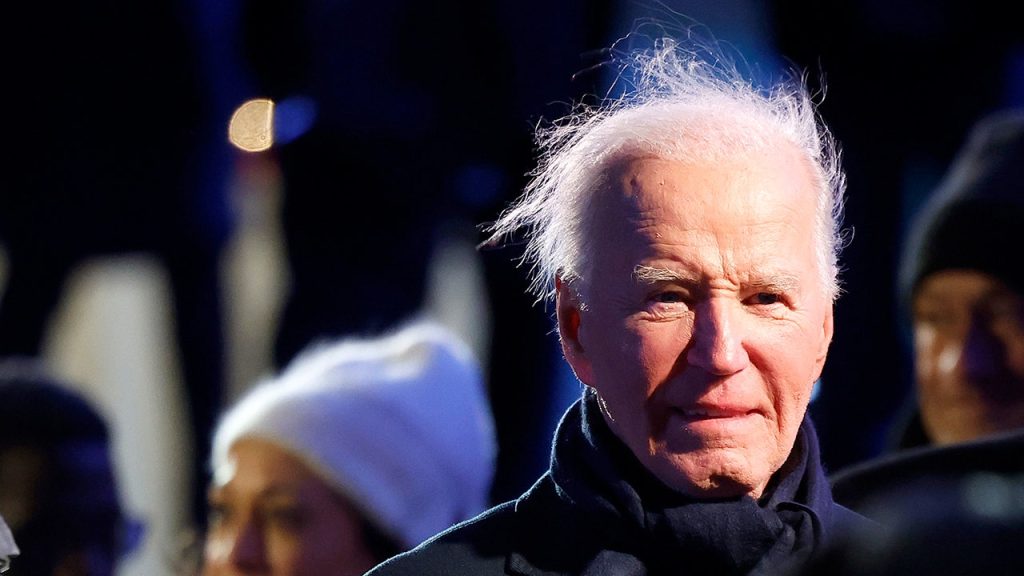As President Biden’s term nears its conclusion, he contemplates a momentous decision concerning the fate of the 40 individuals residing on federal death row. Reports suggest he is leaning towards commuting the sentences of a substantial majority, potentially all, of these inmates. This move would effectively transform their death sentences into life imprisonment. The timing is noteworthy, coming just as President-elect Trump prepares to assume office with a contrasting agenda that includes streamlining the execution process. This potential clash of ideologies underscores the deeply divisive nature of capital punishment in the United States.
The reported impetus for Biden’s consideration comes from a recommendation by Attorney General Merrick Garland, who oversees federal prisons. Garland has reportedly advised Biden to commute all but a handful of sentences deemed particularly egregious. This suggests a nuanced approach, balancing a general opposition to the death penalty with recognition of the gravity of certain crimes. Among the potential exceptions to widespread commutation are high-profile cases that have resonated deeply with the American public. Dzhokhar Tsarnaev, responsible for the 2013 Boston Marathon bombing, which claimed three lives and injured hundreds, is a likely candidate for exclusion. Similarly, Robert Bowers, who perpetrated the 2018 Tree of Life synagogue shooting in Pittsburgh, killing 11 worshippers, and Dylann Roof, convicted of murdering nine African American churchgoers in Charleston, South Carolina, in 2015, may also face the full extent of their sentences.
Conversely, those who could potentially benefit from Biden’s commutation policy represent a range of backgrounds and offenses. They include a former Marine convicted of murdering two young girls and a female naval officer, a Las Vegas man found guilty of kidnapping and killing a 12-year-old girl, a Chicago podiatrist who fatally shot a patient to prevent her testimony in a Medicare fraud investigation, and two individuals convicted in a kidnapping-for-ransom scheme that resulted in the deaths of five Russian and Georgian immigrants. The diversity of these cases highlights the complexities inherent in evaluating capital punishment.
Several factors appear to have influenced Biden’s contemplation of this significant policy shift. His deep Catholic faith, and a recent conversation with Pope Francis, who publicly advocated for the commutation of death sentences for American inmates, may have played a role. Additionally, Biden has consistently expressed his personal opposition to capital punishment, making him the first president to openly hold such a stance. During his 2020 presidential campaign, he pledged to work towards eliminating the death penalty at the federal level and encouraging states to follow suit.
While a final decision is anticipated before Christmas, the precise scope of the commutations remains a key question. This uncertainty reflects the delicate balancing act Biden faces. He must weigh his personal convictions, the recommendations of his Attorney General, and the potential political ramifications against the profound moral and ethical considerations surrounding capital punishment.
This potential executive action represents a significant development in the ongoing debate surrounding capital punishment in the United States. It highlights the inherent tension between the pursuit of justice and the ethical implications of state-sanctioned death. Biden’s decision, regardless of its final form, will undoubtedly leave a lasting impact on the landscape of criminal justice in America and serve as a focal point for future discussions on the death penalty. It also underscores the power of the presidency to shape policy, even in the waning days of an administration, and sets the stage for a potential clash of ideologies with the incoming administration.

